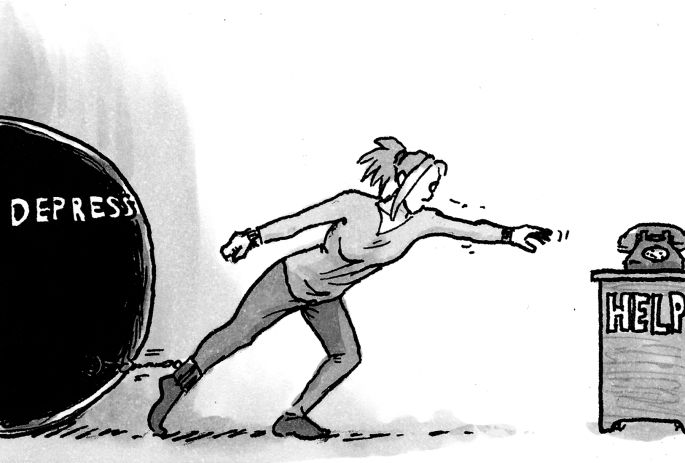a comprehensive review of ketamine therapy found the procedure is capable of reducing symptoms of depression and suicidal thoughts in a matter of hours with long-lasting benefits.the analysis of 83 research papers, conducted by the university of exeter and
published in the british journal of psychiatry open, found strong evidence the drug was capable of treating major and bipolar depression, quickly reducing symptoms after a single session. while previous study indicates repeated treatment prolongs the effects of the drug, the team said more research is required to determine the length of extension.single or multiple doses of ketamine produced a similar reduction in suicidal thoughts, with a moderate to large decrease in symptoms occurring within four hours and lasting up to a week.“our research is the most comprehensive review of the growing body of evidence on the therapeutic effects of ketamine to date,”
said merve mollaahmetoglu, the lead author of the study. “our findings suggest that ketamine may be useful in providing rapid relief from depression and suicidal thoughts, creating a window of opportunity for further therapeutic interventions to be effective. it’s important to note that this review examined ketamine administration in carefully controlled clinical settings where any risks of ketamine can be safely managed.”the analysis — which included 33 systemic reviews, 29 randomized control trials and 21 observational studies — also uncovered early evidence that ketamine can be beneficial in treating a range of other psychiatric disorders, including those related to post-traumatic stress, obsessive-compulsive behaviour and anxiety. similarly, the treatment appeared beneficial in treating substance-abuse disorders, producing a short-term reduction in symptoms of craving, consumption and withdrawal.but the most compelling evidence for the benefits of ketamine therapy was found in relation to treating depression and suicidal thoughts, with much of the research related to other psychiatric conditions coming from smaller, less reliable studies the team said would require replication through larger studies. “we’re finding that ketamine may have promising benefits for conditions that are notoriously hard to treat in clinic,” said celia morgan, the senior author of the review. “we now need bigger and better-designed trials to test these benefits.”researchers took the opportunity to highlight a few problems with ketamine research that they hope will be addressed by future study, including the bias introduced when patients become aware they have been administered the psychoactive drug. “due to ketamine’s unique subjective effects, participants may be able to tell whether they have been given ketamine or a saline solution as the placebo, potentially creating an expectation about the effects of the drug,” morgan said.“this effect may be better controlled by having active placebo-controlled trials, where the control group receives another drug with psychoactive properties.”according to the team, future ketamine research needs to focus on determining the optimal dose, the number of doses required and the best method for administering the drug. the field of study would also benefit greatly from determining the best form of psychotherapy to use to help patients maximize potential benefits once treatment has begun.
dave yasvinski is a writer with healthing.cathank you for your support. if you liked this story, please send it to a friend. every share counts.
 2 minute read
2 minute read









